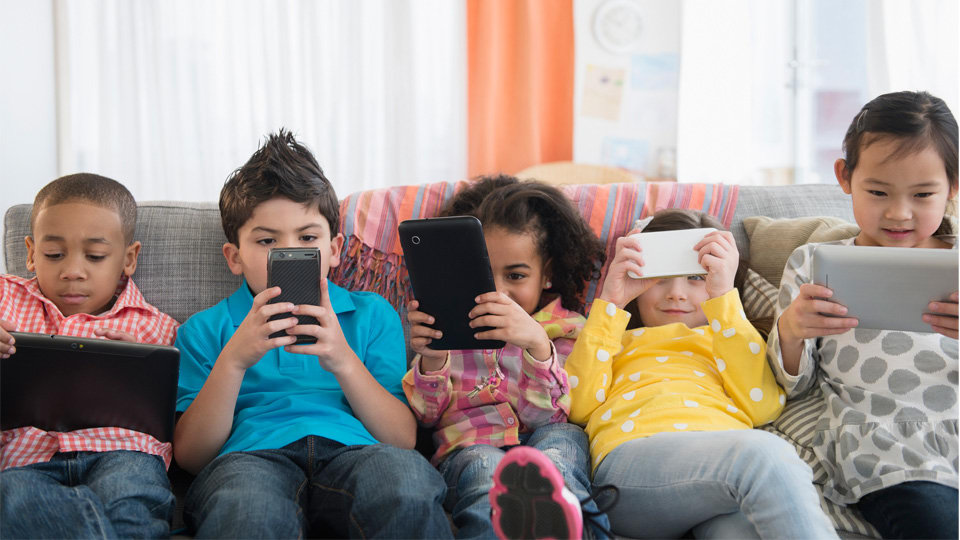While most of us talk about the boom of social media and its many networks, Jean Twenge, a professor of psychology at San Diego State University, shares a few thoughts on how social media impacts the new generation. And it’s not good news.
Social media helps connect people virtually and allows us to expand our social network, which sounds good on the surface. But a recent story in The Atlantic magazine shows an increasing body of evidence that, for many teenagers, more time on social media actually means a far greater sense of isolation.
According to Twenge’s research findings, today’s generation (teenagers) spends less time with their friends, they date less, have fewer physical relationships and get less sleep than earlier generations. Those who spend more time online or on electronic devices are prone to depression, and they carry a high risk factor for suicide and other dire consequences.
Has the Smartphone Destroyed a Generation? Jean Twenge Interview Summary
The research finding: teens are not spending sufficient time with their friends in person, unlike earlier generations where most of the time was spent with friends and family, sharing things. That physical interaction would lighten our burden and make us less prone to mental health issues. In today’s generation, this is missing.
It has been proven in the past that spending time friends and family is one of the best predictors for psychological well-being, and the best protection against mental health issues. Moreover, it is a clear indicator that the social media and electronic devices are the main cause for the sudden rise in the mental health issues.
Other issues like unemployment are unlikely to be the cause, as high unemployment, which can also cause mental health issues, began sometime in 2010 and still continues to some extent, whereas there is a recent and sudden rise in mental health issues. These issues can lead to depression and, in extreme cases, suicide attempts.
Twenge says that parenting does play a key role. Most parents prefer that their children stay indoors, to avoid driving around, partying and so on. But parents fail to realize that staying at home all time on social media has a much more negative impact.
Also, Twenge says that girls are mentally more affected than boys, according to the research findings. The study shows that girls spend more time with their smartphones than boys, and their interaction with social media is often negative, giving way to more mental issues than boys.
In conclusion, Twenge says that we need to increase awareness of this issue among members of the younger generation. Smartphones themselves might not be harmful, but the impact of excessive time on social media is undeniable. She recommends that parents keep their kids away from smartphones for as long as possible, and then gradually introduce them to the concept with a flip phone before taking them directly to a smartphone. Once they have access to a smartphone, parents are advised to limit the time spent on apps like social media.
Thanks for visiting. Please support 1redDrop on social media: Facebook | Twitter



